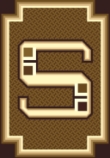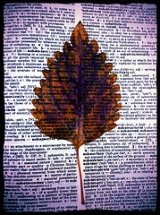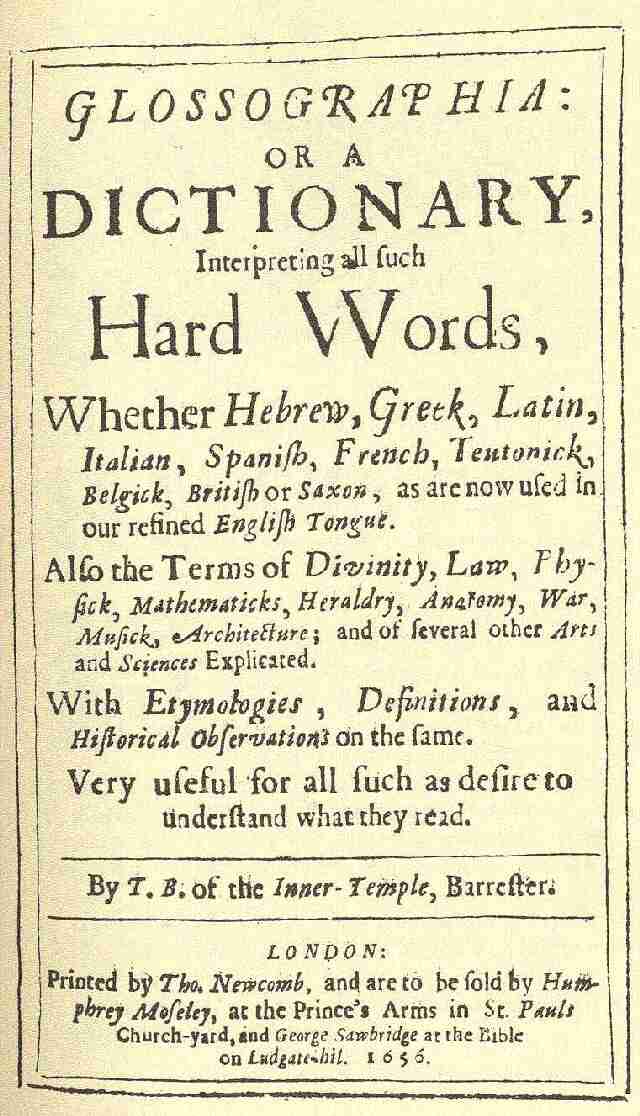
.
Numerals and Numeration
While the primary focus of the Phrontistery is, always has been, and will remain the study of weird and obscure words in general, as my day job, I'm a linguistic anthropologist at Wayne State University, and my academic research focuses on numbers, numeration systems, and the anthropology of mathematics, with a specific focus on the different symbolic notations for numbers. I want to know things like, "Why were the Roman numerals so popular for over 2000 years? Why, after all that time, did they fade from common use? And why do we still retain them for various purposes?" I am fascinated by languages with few (or no) number words, languages where there are multiple number systems in common use (like Japanese),
In 2010, I published my first book, Numerical Notation: A Comparative History, which is a heavily-revised outgrowth of my doctoral dissertation published way back in 2003. It's a comparative analysis of over 100 systems of writing numbers used throughout the past 5000 years. You can buy Numerical Notation at Amazon.com or other major booksellers. In lieu of a formal description, let me give you a synopsis of the book using Up Goer Five (a form of constrained writing using only the 1000 most common words in the English language):
Number Writing: All the Ways Humans Did It
There are a lot of different ways to write numbers, but you can put them all into five types. Letís look at about a hundred different ways that humans have written numbers. Some people think that over time, bad ways of writing numbers die and good ways live, so that the way we have now is the best one. But when we look at all the different ways together, we see that lots of ways that are now dead actually were used for hundreds of years. Were people just stupid back then, to use such a bad way of writing numbers? No, that is a stupid idea. The only way to know if a way of writing numbers is good is to see whether it is good for the things it was actually used for, not what people today think they were used for. It does matter how the human mind works, so there are lots of ways of writing numbers that you can imagine, but that no one has ever actually used. This is why there are only the five types, and this tells us a lot about the way that the mind works. And itís true that some ways let you write big numbers with only a few signs, and others let you write bigger and bigger numbers. But that doesnít matter as much as people think. As it turns out, most number writing was used to write down answers, but not to use numbers to figure out the answers. Only in the last five hundred years, when numbers were really important for big states that like money, did our way of writing numbers beat the others. One of the best ways to know if a way of writing numbers is going to live is whether lots of important people use it already.
The Phrontistery features several distinct pages that have content relating to numeral systems:
- Glossographia is my academic weblog and features numerous essays on numbering and numeration as well as more general discussion of linguistics, anthropology, archaeology, and writing systems.
- Numerical Prefixes is a page featuring notes, charts, and discussion of the various Greek and Latin-derived prefixes for numbers used in English.
- Numeration Links features a set of links to material on number systems and the history of ancient and prehistoric mathematics that will be of interest to linguists, archaeologists, historians, and mathematicians alike.
- Numeration Books features short reviews of important popular and scholarly books on the history of number systems.
- Numerical Notation Bibliography features a massive (1000+-item) bibliography of scholarly material relating to my subject of primary interest, the history of written number systems.
- Paleolithic Notation Bibliography is a sub-bibliography constructed as part of a class project, and that lists over 400 scholarly references relating to Paleolithic tallies or other marks made by humans in deep prehistory that have had a mathematical purpose attributed to them.
I hope you have found this site to be useful. If you have any corrections, additions, or comments, please contact me. Please note that I am not able to respond to all requests. Please consult a major dictionary before e-mailing your query. All material on this page © 1996-2021 Stephen Chrisomalis. Links to this page may be made without permission.








